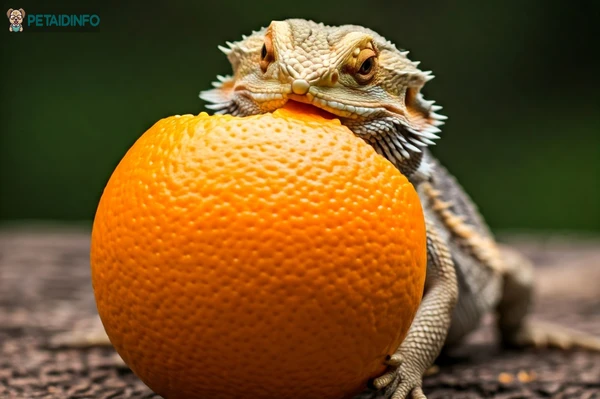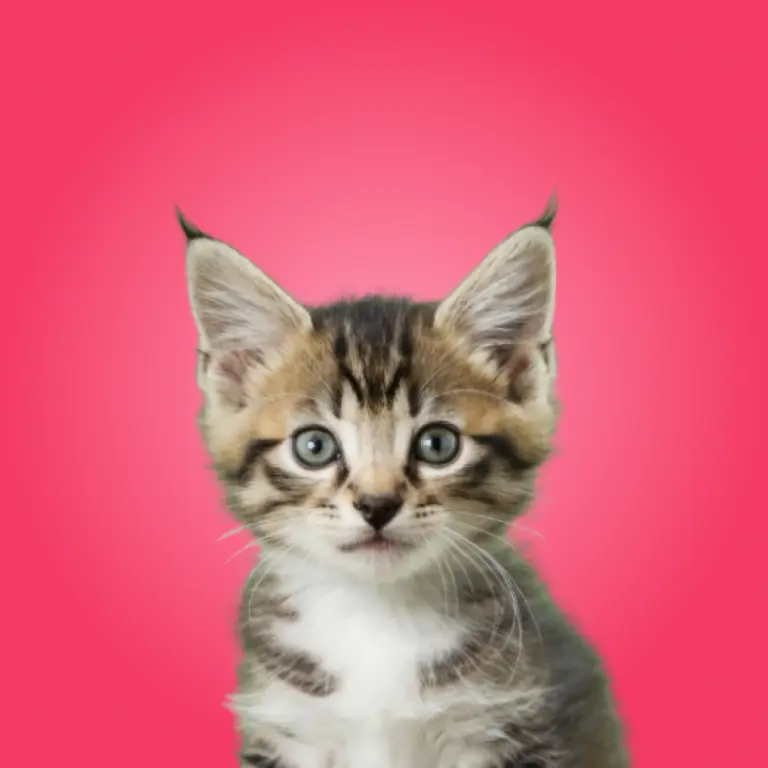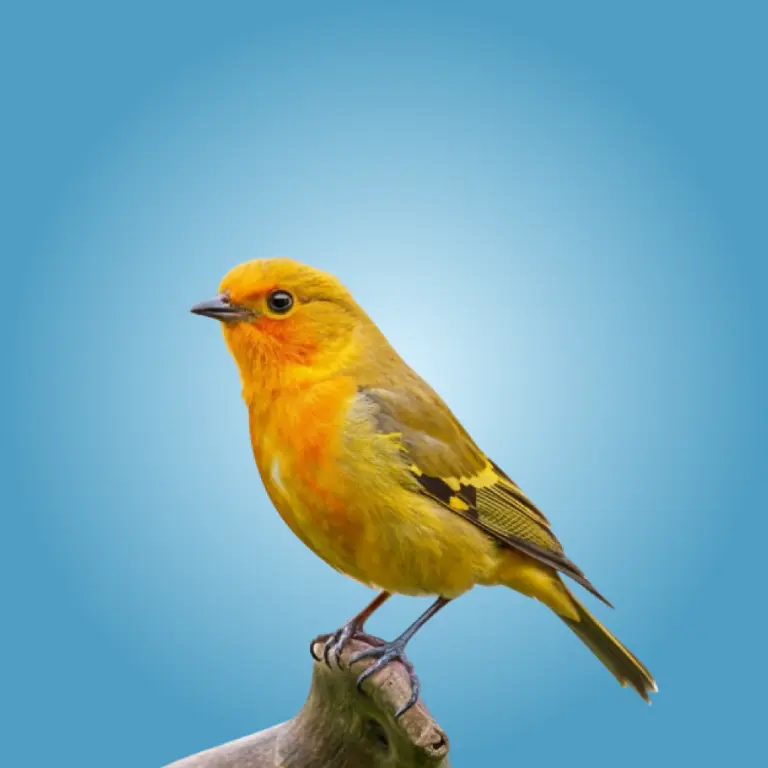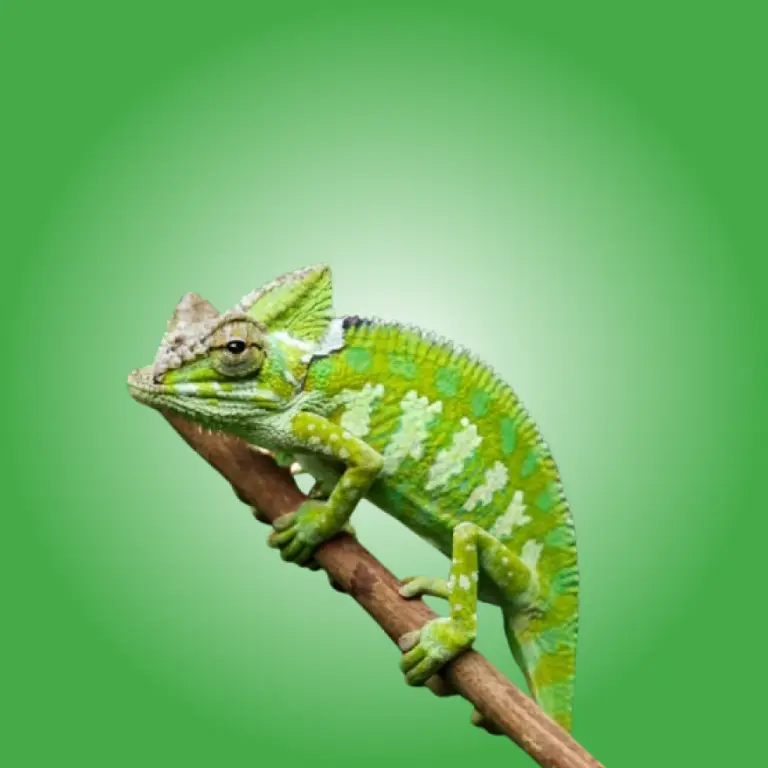One question that often comes up is: can bearded dragons eat oranges? Yes, they can.
well that doesn’t mean you give them a bunch and call it a day.
there are ways for moderation , how much and which oranges also.
as nutritional values are also important.
so ? what are we waiting for?
The Basics: Can Bearded Dragons Eat Oranges?
Yes, bearded dragons can eat oranges, but with caution. Oranges, like many fruits, are packed with nutrients that might seem appealing, such as vitamin C, fiber, and antioxidants. However, before you share an orange with your pet, there are a few important things you need to know.

First, bearded dragons are omnivores, meaning they can eat both animal and plant-based foods. While fruits make up a smaller portion of their diet, they can enjoy a variety of fruits in moderation. But when it comes to citrus fruits like oranges, the high sugar content and acidity require careful consideration.
Nutritional Breakdown of Oranges for Bearded Dragons
Oranges are rich in vitamin C, which can help boost your pet’s immune system. In fact, just one medium-sized orange contains approximately 70 milligrams of vitamin C—enough to cover the daily needs of a bearded dragon. This makes oranges an occasional treat that can support your pet’s health in small doses.
In addition to vitamin C, oranges also provide:
- Fiber: About 3 grams per orange.
- Water content: Around 86%, which can help with hydration.
- Natural sugars: Oranges contain roughly 12 grams of sugar per 100 grams, which is on the higher end for fruits.
While these nutrients are beneficial, they are balanced by the fact that oranges are quite acidic. This acidity can be harsh on your bearded dragon’s digestive system if consumed too often.
Risks of Feeding Oranges to Bearded Dragons
Although bearded dragons can eat oranges, they should only do so in moderation. Here’s why:
High sugar content:
Feeding your pet too many sugary fruits like oranges can lead to obesity and other health issues. The extra sugar can also upset their digestive system and contribute to metabolic problems.
Acidity:
Oranges are quite acidic, and while bearded dragons have tough stomachs, consuming acidic foods too frequently can irritate their digestive tract. This could lead to discomfort or even diarrhea in your pet.
Citrus-related issues:
Some bearded dragons might be sensitive to the compounds in citrus fruits. If you notice that your pet has trouble digesting the fruit, it’s best to avoid feeding them oranges entirely.

How Often Can You Feed Bearded Dragons Oranges?
If you decide to offer oranges, it’s crucial to do so sparingly. You can feed your bearded dragon small slices of orange once every two to three weeks. This gives them a chance to enjoy the fruit without overwhelming their system. Here are a few tips on how to offer oranges safely:
- Peel the orange: The skin of the orange can be tough and hard for your bearded dragon to digest, so it’s best to remove the peel before serving.
- Remove seeds: Oranges contain seeds that could be a choking hazard. Always remove them before feeding your pet.
- Limit portion size: Offer only a small slice or two. Avoid making oranges a regular part of their diet, as their main food should still consist of leafy greens, vegetables, and occasional insects.
Final Verdict
While bearded dragons can eat oranges, they should only be offered as an occasional treat due to their high sugar and acidity levels. When fed sparingly, oranges can provide a boost of vitamin C and hydration without causing harm. Always peel the orange, remove the seeds, and serve in small portions to ensure your pet’s safety.






















